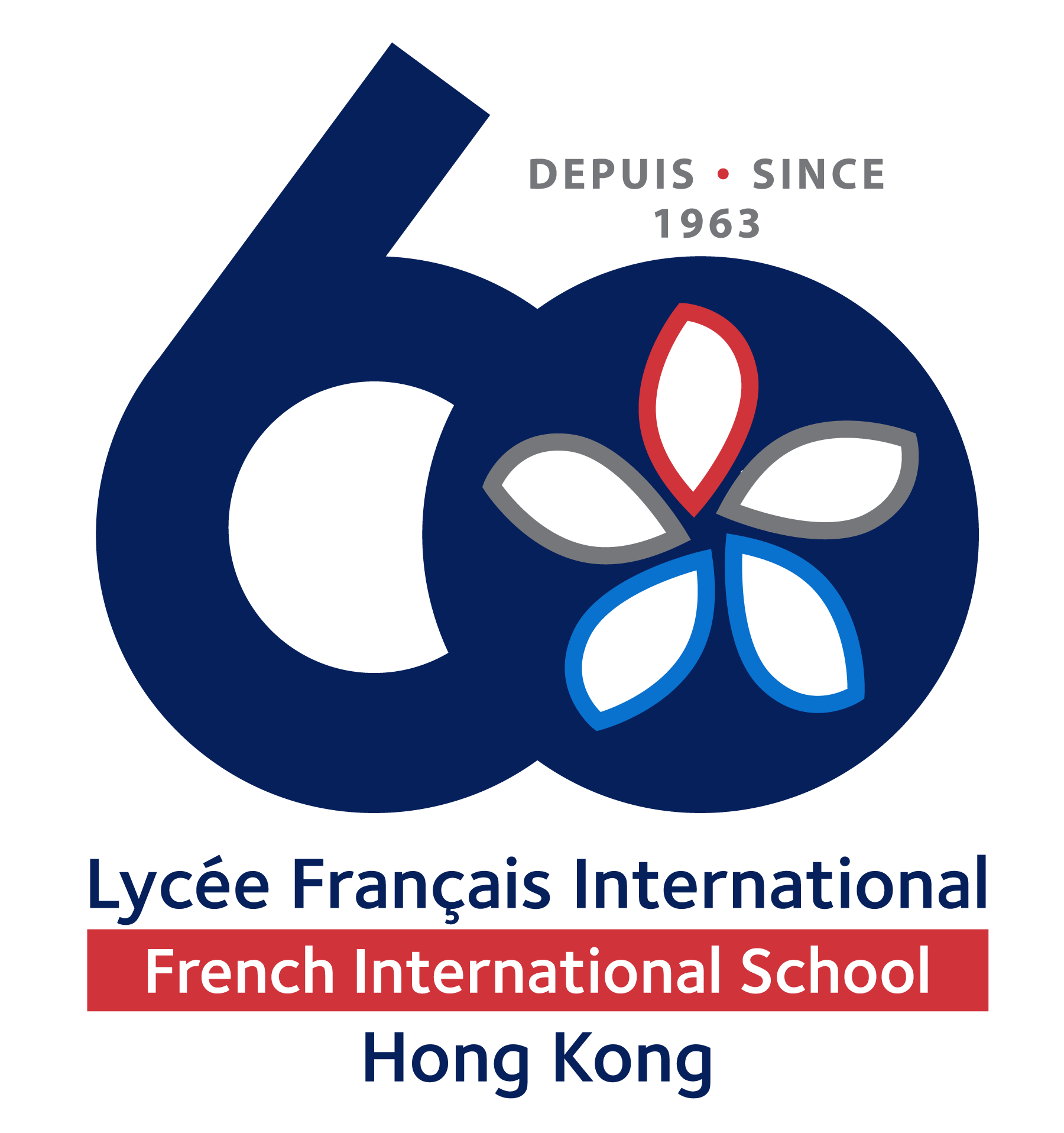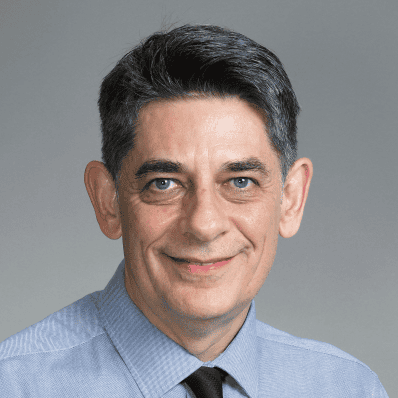‘Education for their future, not our past’
I like this, almost certainly apocryphal, story. In 1919, just after the world renowned physicist, Max Planck, had won his Nobel prize, he was doing a lecture tour of Germany on the subject of quantum mechanics. His driver had heard his lecture many times and joked with Planck that he could deliver it word for word. So the plot was hatched for the driver to deliver the lecture and for Planck to sit in the audience dressed as the driver. The driver delivered the lecture word perfectly to great applause. After the applause died down one of the physics professors in the audience asked an extremely difficult question. The driver replied without hesitation, “I am surprised that at such a learned university we get such a basic question. Why, it’s so simple even my driver could answer!”
The aim of education is for students to have the quick wittedness, sense of fun, risk taking mindset and flexibility of the driver and the in-depth applicable knowledge of Max Planck. However, there is a world of difference between knowing the name of something and really knowing something. On the surface you can learn something by heart, but not know the depth. Sir John Jones has said that for years our educational systems were ‘an inch deep and a mile wide,’ great for winning ‘Trivial Pursuits’ but not for the demands of the middle 21st century.
Ian Gilbert in his book, ‘Why do I need a teacher when I’ve got Google?’ exhorts teachers and education to offer more than the internet or indeed Google. We need to develop a system of education where teachers are constantly rising to and surpassing that challenge. What the recent pandemic has taught us is that students do need teachers to encourage, facilitate, instruct, support and care for students. Relationships are key. Nowhere does the quality of a school exceed the quality of its teachers. Therefore, the development and support of all school employees is one of the key ways to truly become a ‘top of mind’ school. This allows teachers to teach innovatively and that in turn creates success for their students and indeed for themselves.
This success looks different for every student. For some that will ultimately mean going to Oxbridge/Ivy League and beyond. For others it will mean forging a path in a vocational area. Neither is intrinsically better. For me the greatest thrill in education is helping the students who find school challenging to achieve beyond what they ever thought was possible. Above all else it means that we should be aiming to produce happy and productive members of a global society. School should be welcoming, safe and inclusive. All students have strengths to build on and weaknesses to develop, so too do adults!
Whilst we can’t all have the depth of knowledge of Max Planck, or the quick wittedness of the driver, we can all aim to achieve our potential and strive to be better versions of ourselves for the common good.



